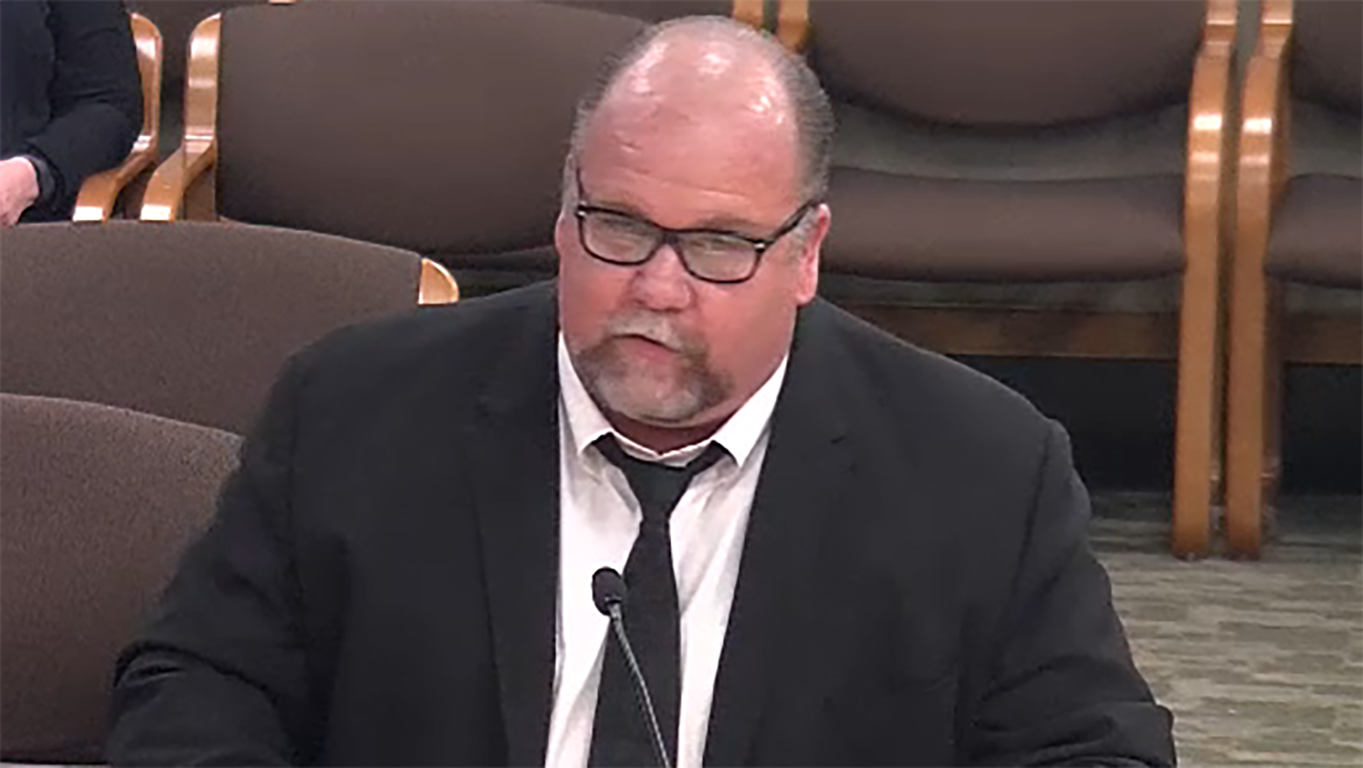On May 21, the House Committee on Veterans and Emergency Preparedness took testimony on Measure 96 funding dedicated to County Veteran Services Officers (CVSOs).
Oregon Department of Veterans’ Affairs (ODVA) Director, Kelly Fitzpatrick kicked off the hearing with an overview of ODVA and its collaboration with Oregon counties in relation to providing veteran services. “Our counties ensure county veteran services are given to our veterans and that those CSVOs focus on helping veterans access benefits. CVSOs are – as we like to say – the boots on the ground. Every county is uniquely challenged, but CVSOs can tailor how they spend funding in order to meet those unique challenges,” said Fitzpatrick.
The CVSO in Malheur County, Connie Tanaka, who participated in the hearing by phone shared with the committee some of the challenges for CVSOs in relation to recently allocated funds from Measure 96. In his testimony, Tanaka articulated the primary challenge was knowing what level of funding would be available and ensuring it would be enough to sustain any added staff and services. “Myself, like other counties, have struggled with how to spend responsibly and the viability of long-term expenses, along with ramping up added positions, the hiring time, and budgets,” said Tanaka. He further explained gaps in funding create hurdles in attaining and retaining full-time, trained staff and that multiple counties experienced budgetary shortages where newly added staff could not be retained due to lack of resources.
Douglas County Commissioner Tim Freeman, testified that despite the devastating loss of timber revenue on services that resulted in cuts to a third of the county’s workforce, loss of libraries, mental health services, and contracting public health services, that Douglas County has prioritized veteran services. “For many years, Douglas County provided three and a half employees in our veterans service office. Two years ago, when we received the additional funds, those funds would not cover a full employee. So at a time, when Douglas County was cutting other services and eliminating other services, we added to that funding for another CVSO position. We are looking for every way possible to spend these dollars to serve veterans,” said Freeman.
The CVSO in Douglas County, Mary Newman, followed Freeman’s testimony. She shared that the county’s vast services are provided to nearly 15,000 veterans and 4,000 surviving spouses in the county. Newman articulated how the advocacy work completed by CVSOs supports the navigation of complex systems between federal and state agencies and associated laws, rules, regulations and interconnected needs between healthcare, housing, and educational systems.
To view the hearing, click here.
Contributed by: Megan Chuinard | Public Affairs Associate
